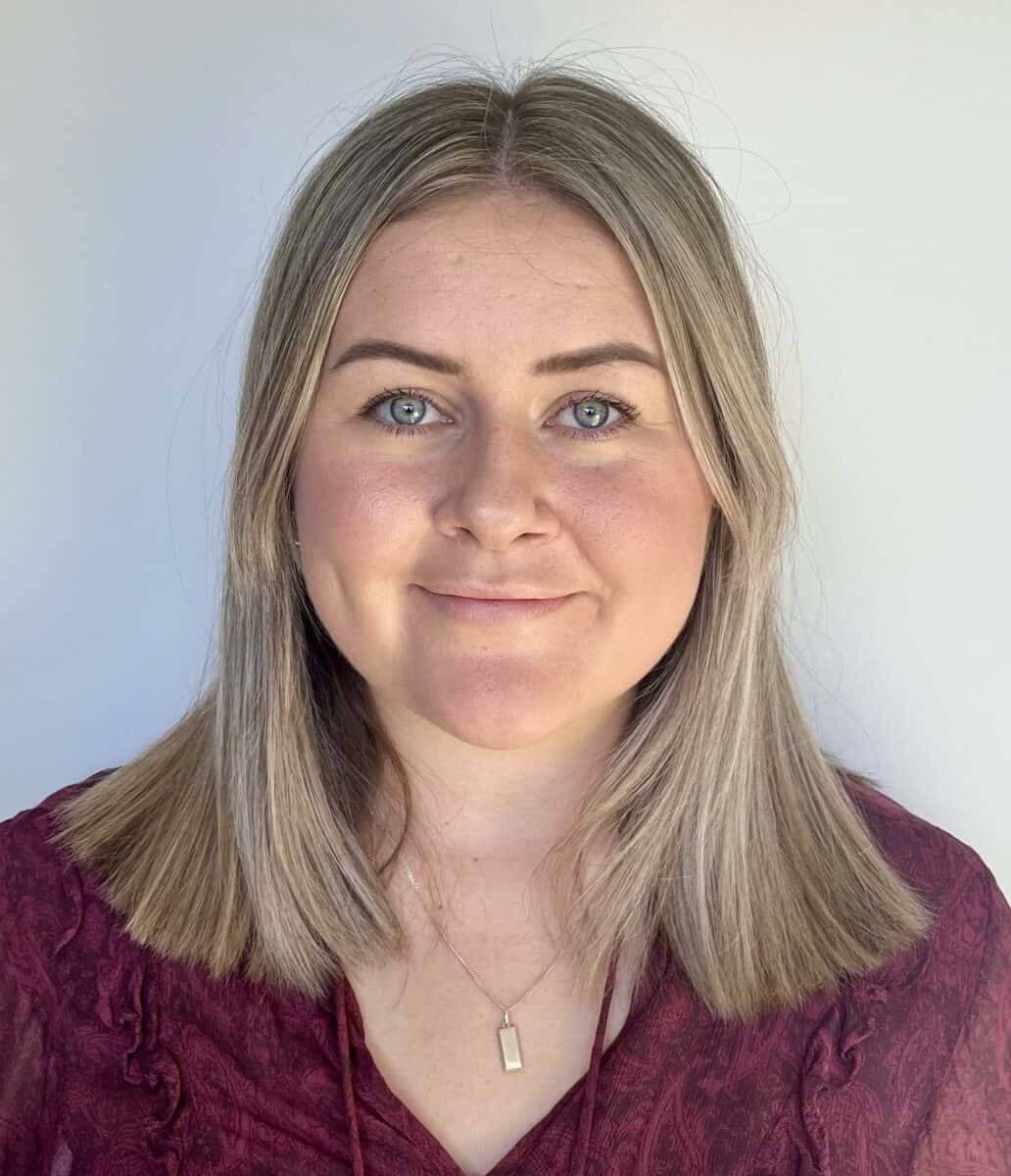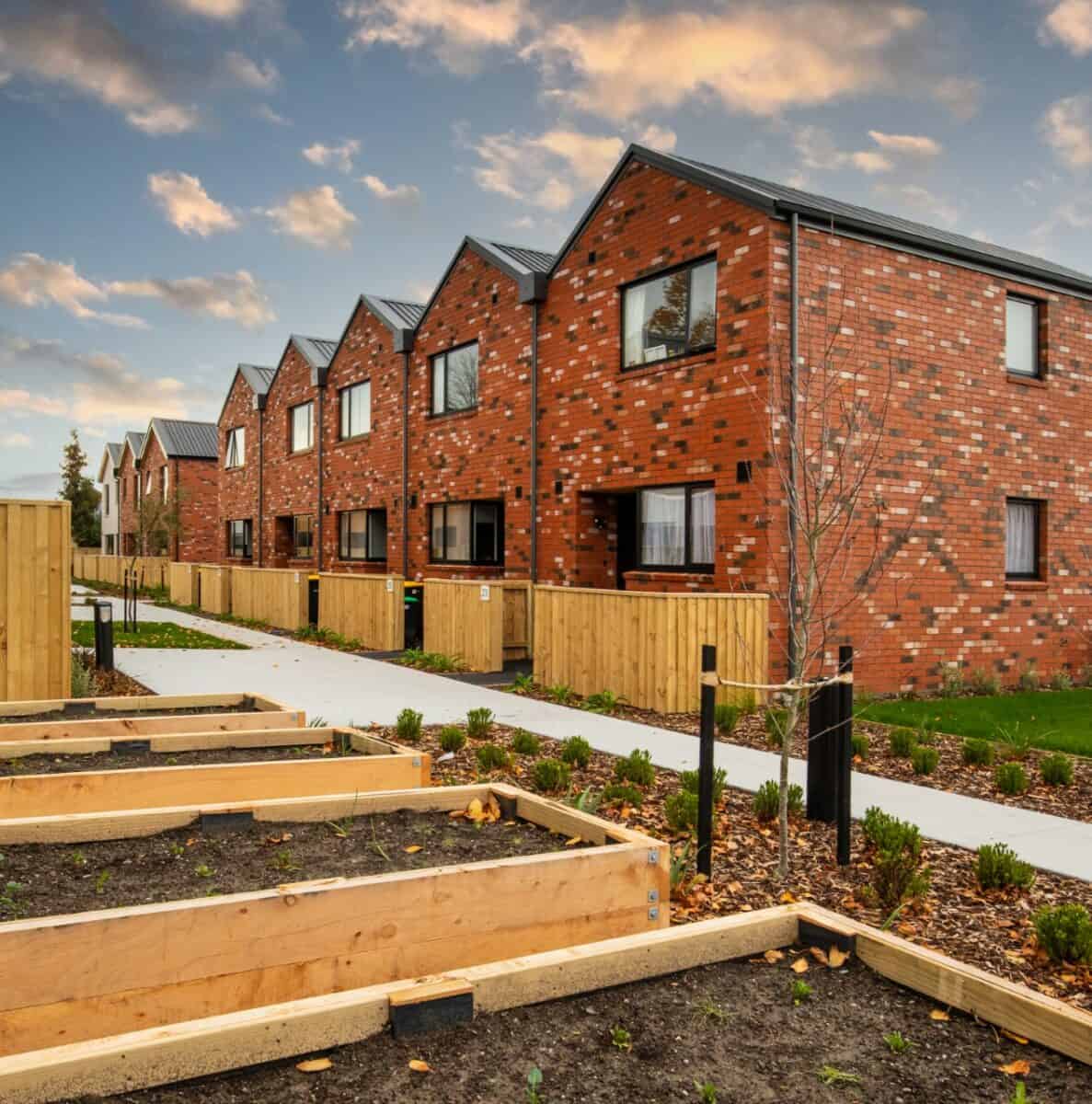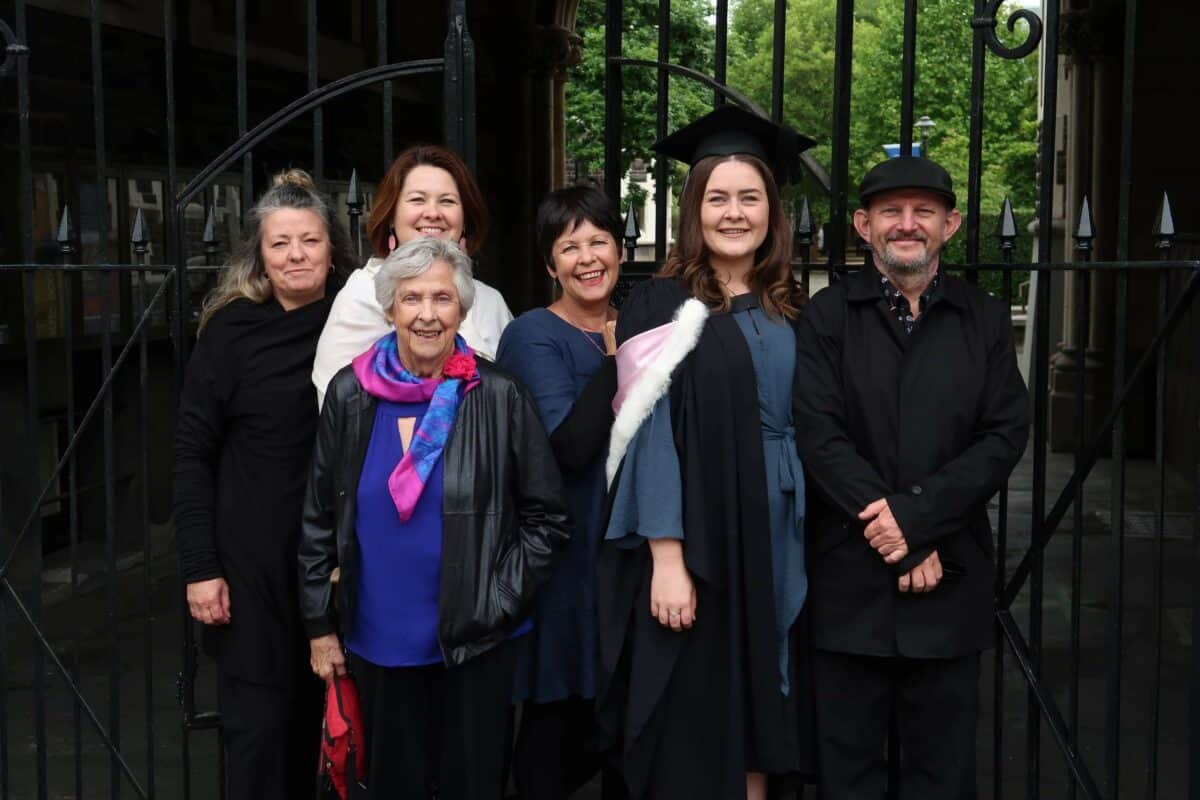Research voices: Els Russell
5 July 2023
Els Russell sees herself as lucky to be surrounded by strong women who value education and learning, both within her family and in the Department of Population Health at the University of Otago, Christchurch. This multigenerational scaffold of support has motivated her to complete a Master’s in Public Health, working on social housing and shared transport, as part of the Healthier Lives and Ageing Well co-funded ACTIVATION project.
Journeys of discovery
Alongside her educational and research journey, Els has been on a journey to rediscover her whakapapa, and these two pathways became intertwined during her postgraduate research. Els grew up in Wellington but has whakapapa to Ngāti Maru in the Hauraki Gulf, from her Mum’s side of the family. Her iwi is based near Thames and Els lived in the Coromandel for the first few years of her life. Being Māori was always part of her identity growing up, especially through the influence of her Mum and Grandma, but living so far away it was not something that Els was connected to on a day-to-day basis.
Undertaking a Kaupapa Māori research project during this process of rediscovery and reconnection has been challenging but Els has been well-supported by Māori educators and researchers, especially her primary supervisor Dr Christina McKerchar. Els recalls a very good history and social science teacher at high school, who inspired her in these subject areas and incorporated a lot of Māori history. He opened her eyes to many of the social issues experienced by Māori, which helped to shape her innate sense of social justice.
Pathway to research

When Els finished high school in Wellington, she headed to Dunedin and enrolled in a BA doing geography and anthropology, picking up an economics major later on. In the final year of her degree Els took a paper on the economics of health and education which opened her eyes to the world of policy, funding and decision-making in these areas. However, she found it confronting looking at black and white policy documents while knowing through her geography studies the myriad of things that contribute to someone’s health and education.
Following a short stint overseas, Els moved to Christchurch for work while deciding on her next steps. She completed a postgraduate diploma in the Department of Population Health at the University of Otago, Christchurch, in anticipation of doing a Master’s in Public Health. The process of selecting a research topic was driven by her strong interest in Māori health, especially equitable health funding and health policy. Els was also interested in the social determinants of health like housing, education and employment. The department suggested the ACTIVATION project, and following much brainstorming with her supervisors Dr Christina McKerchar and Associate Professor Lee Thompson, Els decided on a Kaupapa Māori research approach to explore how urban social housing developments are experienced by Māori tenants.
Framing the research need
From her literature review, Els discovered that there isn’t a lot of research looking at Māori experiences of housing, especially social housing. So she framed her thesis around the journey into social housing – how people experience social housing placement and how they negotiate interactions with the welfare system: “That was one of the more challenging sections to look at, as it is really hard to access support in New Zealand, especially in terms of housing.”
The second section of her thesis looked at how people interact with their social housing environment. In Christchurch there are a lot of social housing complexes, so the questions she explored included ‘how do people interact with each other?’, ‘do they have spaces to interact?’, and ’how are people coming together to support each other?’. Els observed that “you can be quite disconnected in social housing, as you lose that element of choice over where you live.” She was interested in how and where people create spaces of belonging – their tūrangawaewae or home base away from their iwi or whānau.
Els also looked at how tenants interact with the urban space outside the housing complex, including the role of transport and other services, and the barriers that people face – what could be done better? One recommendation was making sure that people are placed into housing where they have a good chance to successfully integrate into existing social networks, and then making sure there are spaces to help form and maintain these social connections that are so vital for wellbeing.
A voice for the unheard
What really drove Els forward in her research was the feeling of making a difference for people. Working with research participants, hearing their stories, and being able to present their opinions and thoughts to others was hugely important to her. Sometimes these voices are ignored, especially in the area of Māori social housing. The importance for Els of being involved in this research was being able to partner with people to pass on their knowledge.
The communication that Els had with participants after the study showed that they really enjoyed the process and were so happy to be listened to and spoken with. Els says it is important to do justice to participants’ perspectives (the people you are creating knowledge with) but also to provide an honest interpretation of what’s happening: “not having to sugar coat what can be a difficult topic – one that can be quite emotive for people, especially those not involved in the social housing space.” Els also had lots of encouraging conversations with participants who were rediscovering their Māori identity, resonating with her own experiences.
Social justice focus

Els hopes that her research will start a conversation about social housing and enable change: ’how can we do this better?’ A key aspect of a Kaupapa Māori research approach is Māori making changes for Māori: “If we are making changes for social housing tenants, are Māori informing those changes? Are we doing what really needs to be done, instead of using a top-down approach as often happens in policy?” Els sees the importance of having the people impacted by policies involved in the conversation, so we don’t make changes that are ineffective.
Els feels strongly that policy decisions should take into account, and start to unpick, the systemic injustice that has been built into a lot of New Zealand services over time. She believes that everyone needs to move forward together, for us all to move forward. You can’t just leave out certain groups because they don’t fit into the policy directive of others: it’s an equity issue and a social justice issue. She also speaks to the importance of recognising commitments to Te Tiriti and creating space for Māori-led decision making.
Els thinks there is a real opportunity to integrate Kaupapa Māori principles into social housing policy more generally. Principles such as having spaces where people can come together to interact and build whanaungatanga or relationships, are not only important for Māori – they are good for everyone.
Advice for future students
Els felt lucky that ACTIVATION was such a broad project. She was given the space and encouragement to carve out her own part of the research. Els initially planned to push her research towards the housing side but ended up with a whole thesis chapter on access to transport and using shared forms of transport: “you find other things that you are interested in along the way, that you might not have expected!”
Her advice for those interested in doing research: “You need to be interested in a topic and have a drive to get to the end product. Māori students, you just need to get in there and claim your space! There’s so much to be done in a lot of areas, and having a Māori perspective on those areas is really important.”
For those still in school looking to do tertiary studies, Els recommends being less focused on society’s expectation of the best degree to go into. “Doing a BA, you constantly get talked down to by those doing other degrees and it can be quite discouraging at times.” But Els believes that if you are interested in something and see a career in it, you have to push forward with your dreams.
“I think it is OK to be brave and go ‘you know what, I don’t want to do what people think I should do, I am going to go into something I enjoy’”.
Read more about Els’ research in this publication and media article.
Find out more about the ACTIVATION project.
Other articles in this series:
- Research voices: Dr Truely Harding
- Research voices: Dr Sandra Fitzgerald
- Research voices: Dr Dani Prapavessis
- Research voices: Elizabeth Okiakama
Cover photo: Els Russell at her BA graduation, supported by three generations of her family.


